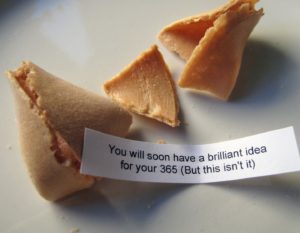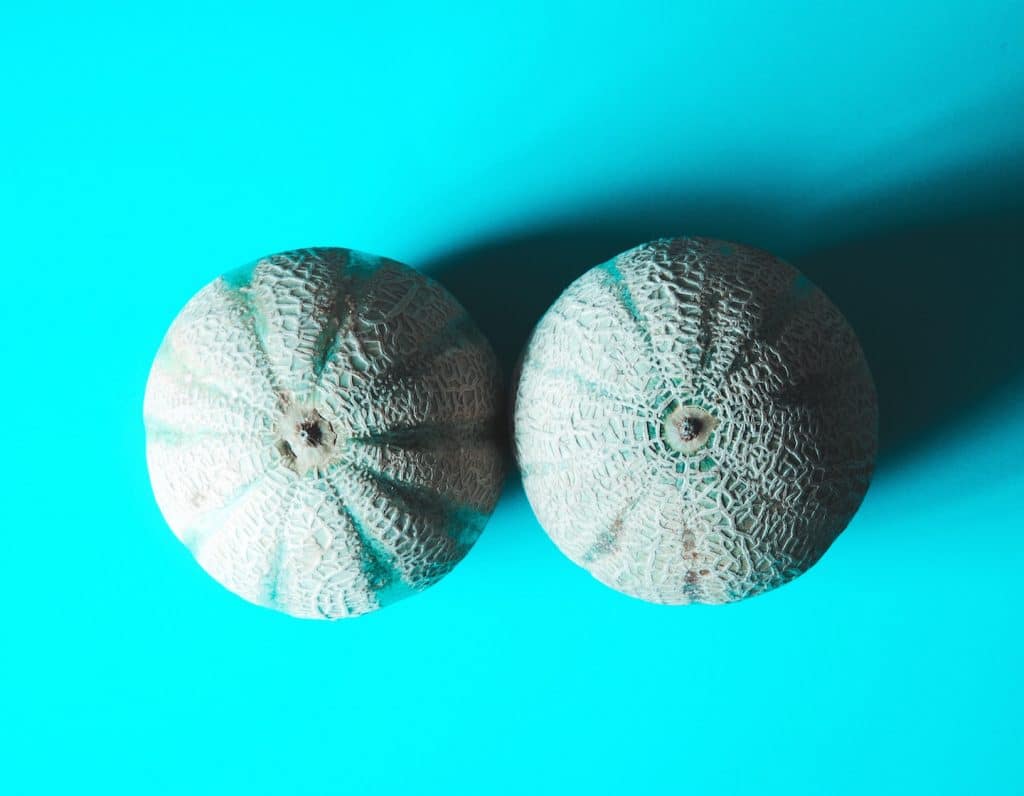
A research scientist gives us the latest news on scientific developments in breast cancer treatment and detection
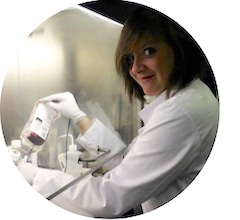 In honour of Breast Cancer Awareness Month, throughout October we will be sharing the stories of women across Singapore who have battled, or are fighting, breast cancer. Because early detection is key to breast cancer survival rates, we were also keen to speak with someone on the front lines in the race to find a cure. Molecular diagnostics developer and scientist Alessia Landi works here in Singapore to improve breast cancer detection and treatment methods; in the interview below, she tells us about exciting scientific developments in both the detection and treatment of breast cancer that are happening right now in 2018!
In honour of Breast Cancer Awareness Month, throughout October we will be sharing the stories of women across Singapore who have battled, or are fighting, breast cancer. Because early detection is key to breast cancer survival rates, we were also keen to speak with someone on the front lines in the race to find a cure. Molecular diagnostics developer and scientist Alessia Landi works here in Singapore to improve breast cancer detection and treatment methods; in the interview below, she tells us about exciting scientific developments in both the detection and treatment of breast cancer that are happening right now in 2018!
Tell us a bit about yourself?
I am an Italian Scientist currently living in Singapore. After my MSc in Molecular Biotechnology and PhD in Medical Sciences I started working as a Scientist for the development of in vitro diagnostics (IVD) devices. I have been working in diagnostics for about four years in Belgium and in Singapore and I am truly passionate about it. I believe that accurate diagnostics combined with personalized medicine are the future of healthcare. In my free time, I like to play artist: I sometimes work as a freelance illustrator, focusing mostly on fashion art. And I am a proud feminist.
What’s happening in the science world in relation to breast cancer?
Very recently, in June, results from the annual American Society of Clinical Oncology (ASCO) meeting on hormone receptor-positive breast cancer went all over the news. Briefly, it was demonstrated that chemotherapy is not necessary for many women that have early stage hormone receptor-positive, Her2-negative breast cancer, which makes up about half of all breast cancers: in practice this means that women who have this type of cancer and are deemed eligible with a particular diagnostic test will be able to avoid chemotherapy, and all its side effects, as long as they are treated with hormonal therapy. This is a huge finding that will change the clinical practice and the well-being of breast cancer patients dramatically in the years to come.
There are also many clinical trials and research studies ongoing on new diagnostics and therapeutic approaches for metastatic breast cancer and triple negative breast cancer. Breast cancer is one of the best examples of how diagnostics and targeted therapy can change the mortality statistics of cancer, but it’s still the second most common cancer in the world and the first most common among women, so ongoing research and awareness in the public are paramount to fight this disease.
Great strides have also been made in recent years in improving breast cancer detection for women in developing countries.
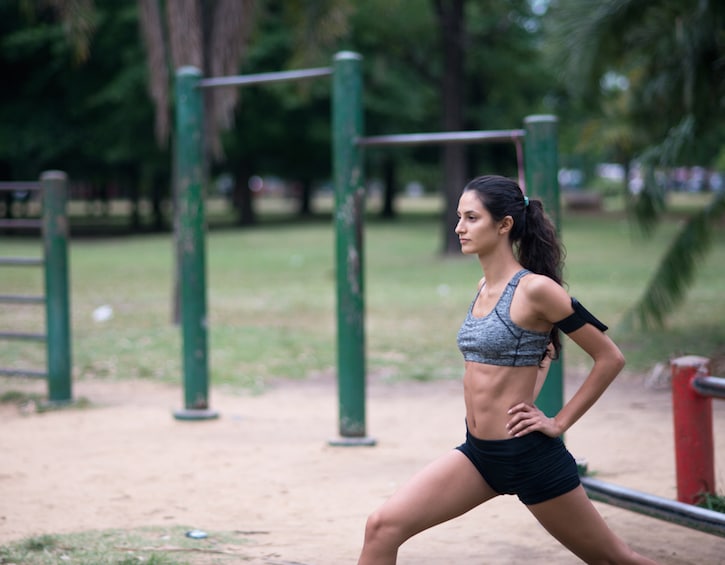
Can you guard against getting breast (or any) cancer or is it just bad luck?
Cancer is an extremely complicated disease. In very simplistic and generic terms, it’s a mix of all these factors: genetics, lifestyle, ethnicity and well, chance. Some cancers will be more heavily influenced by lifestyle choices (for example smoking and lung cancer) and others more by genetic factors. For breast cancer specifically, it has been demonstrated that being overweight (BMI>25), drinking alcohol heavily and the lack of physical exercise are clear risk factors. Some studies have suggested that following a Mediterranean diet, rich in complex carbs, seafood, virgin olive oil and vegetables could help decrease the risk, although other studies weren’t able to confirm this.
By all means, living a healthy lifestyle and staying away from risky behaviours should always be encouraged, but unfortunately there is no magic recipe and the real key in treating cancer successfully is spotting it as early as possible: I strongly recommend everyone to follow their doctor’s advice, especially in terms of screening programs, testing and self-screening. And stay away from anti-scientific websites and viral articles that promise miraculous alternative approaches and demonize traditional medicine: always listen to your doctors, they spent their lives studying and practicing with the unique goal of saving our lives.
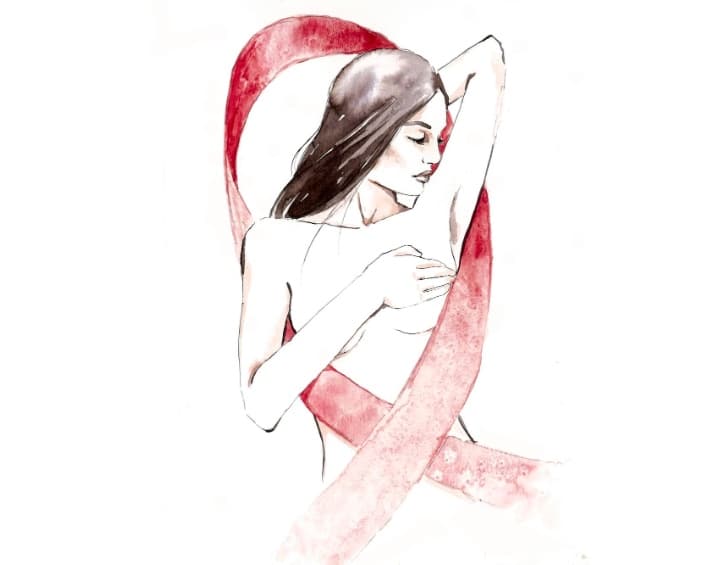
When should you start checking for lumps?
I am not an MD, so I strongly recommend you discuss this topic with your general practitioner or gynaecologist. But in general, it is recommended start self-screening as soon as possible, in your 20s. It is very easy and takes just 10 minutes of your day. We tend to think that cancer is something that affects only older people but it’s not true. One of my best friends was diagnosed at 35, she was lucky that they caught it incredibly early: she found the lump on her own, and immediately visited her doctor.
Anything else to know about self-screening?
Regular visits to your gynaecologist are important. Consult your gynaecologist for more information on how to self-screen, and how often to do it, they will be very happy to provide you this information. Years ago, my gynaecologist scolded me when I told him that I never did self-screening and meticulously taught me how to do it.
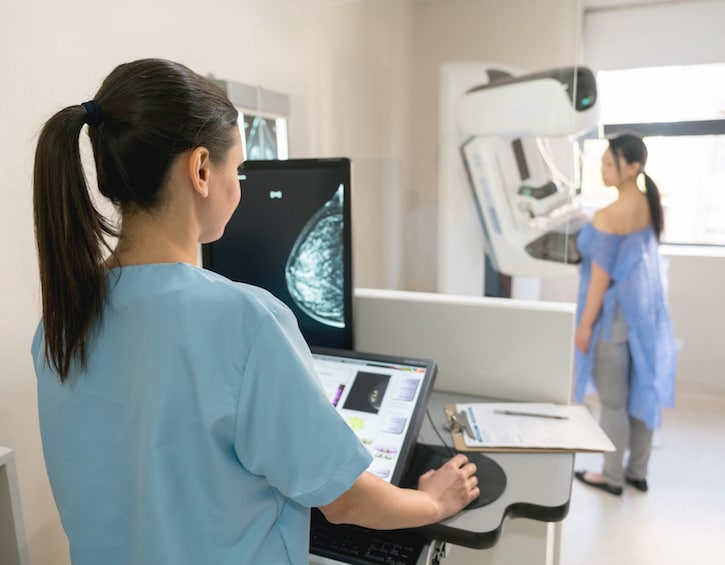
We’ve heard conflicting things a about having a mammogram – can you tell us if this is safe and why we should/shouldn’t do this, and from what age?
Mammography is safe; the radiation dose received with mammography is very low (much lower than a normal chest X-ray). Many countries have government programs, as recommended by the World Health Organization, where women are invited for annual mammography screenings from age 45-50 (click here for more info on free mammograms in Singapore!). You could also choose to have voluntary yearly screenings earlier, starting from about age 40 as early discovery can be vital for efficient cancer treatment. The key for efficient cancer treatment is early discovery so any screening and diagnostic program available should always be encouraged.
If you are diagnosed with breast cancer, what are your options?
It is a very long topic and again, I am not an MD, so I encourage you to talk about it with your doctor: even if you are completely healthy right now, she will be happy to listen to you and answer any of your concerns. In general, I can tell you that thanks to screening and earlier discovery as well as enhancements in treatment and surgical options, more women today are able to receive partial surgery and breast conservation can be achieved. There are also targeted therapies* available for some types of breast cancers, without or in combination with chemotherapy, that have increased the life expectancy and the survival rates significantly in the last 20 years. Never be scared to discuss all the options in depth with your doctor.
*“Targeted therapy” is a therapy very specific for particular characteristics of the tumour. These can be drugs and antibodies that block specific receptors in the lesion (for example hormone receptors and Her2) and hamper the growth of the tumour in a targeted way, without affecting the healthy cells. In contrast, chemotherapy is usually considered a broad spectrum approach, which can kill tumour cells and healthy cells alike. Sometimes targeted therapy is used alone or it can be used together with chemotherapy. Cancers that can be treated with targeted therapy have in general a better outcome than cancers for which no targeted therapy is [yet] available.
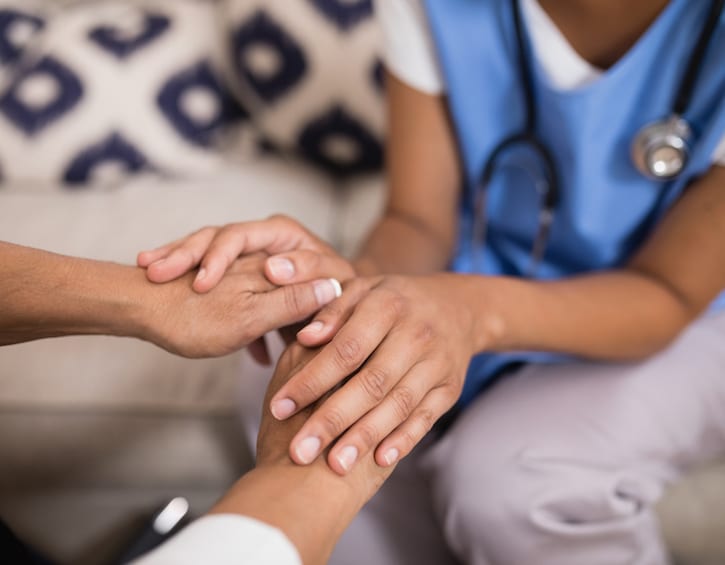
Any advice for ladies who find out they have cancer, in terms of mental health and self care?
Talk. Talk to your doctor, don’t be scared to ask questions, there is no such thing as a stupid question when health is involved. Try to feel free to discuss each therapy approach proposed by your doctor and evaluate all consequences, advantages and disadvantages with her. Look for a second or third specialist opinion, if that helps you feel more confident in the diagnosis and therapy proposal. Trust your doctors.
And talk to a psychologist, I cannot recommend this enough. There is still such a huge stigma on psychotherapy, especially in Asia, but being able to talk to someone who can give you the tools to be stronger in such a difficult moment is extremely important. Your mental strength is very important to fight cancer, but it’s very hard to achieve that strength on your own and sometimes the support of family and friends is simply not enough. Breast cancer can affect a woman’s body more than any other type of cancer, from the actual impact on your breasts to the effects on fertility, and nobody should feel ashamed to seek a bit of help to go through such a tough time. I wish this aspect of the disease was discussed more, so that every woman would feel free of shame to look for the support that she deserves.






 View All
View All




 View All
View All









 View All
View All




